Competitor IQ – A Division of DALBAR Inc. Reveals Consumer Trends in Beauty and Fast-Casual Dining
Media Contact: Emily Kunka
617.624.7136
Hello@CIQData.com
Competitor IQ – A Division of DALBAR Inc., a leading provider of innovative data intelligence solutions (www.ciqdata.com), today released findings from two micro studies, revealing surprising insights that challenge conventional wisdom in beauty retail and fast-casual dining. These reports offer important insights for businesses looking to align with changing customer expectations.
Beauty Retail 2024: The Technology Paradox
What you already know:
Beauty retailers have been heavily investing in technology, with virtual try-ons, AI-powered skin analysis, and personalized product recommendations making headlines. This micro study tasked customers to shop for make-up foundation, complete a technology driven skin match, and purchase. Industry leaders like Sephora and Ulta have been at the forefront of this tech revolution.
What you might not know:
Despite the hype, our study reveals a startling gap between technological promises and in-store realities:
- Only 24% of shopping experiences incorporated any form of technology, far lower than industry rhetoric suggests.
- Sephora and Ulta, despite their reputation for tech innovation, showed inconsistent technology use across locations. In Sephora, 31% of experiences involved technology, while Ulta customers saw technology in only 27% of theirs.
When technology was used, its impact was significant but complex:
- In 38% of cases, sales associates chose to override tech recommendations, highlighting the crucial role of human expertise.
- Sales associates demonstrated high proficiency with beauty tech, scoring an average of 4.75 out of 5 for their knowledge.
- Customer satisfaction was 15% higher in experiences that blended technology with personal service compared to those relying solely on either element.
"This data exposes a nuanced reality in beauty retail," says Kevin Lam, Head of Data Intelligence, Insights and Innovation at CIQ. "While tech adoption is slower than headlines suggest, its strategic implementation, combined with well-trained staff, creates a powerful synergy that drives customer satisfaction."
The study also uncovered unexpected findings about the effectiveness of different technologies:
- Virtual try-on tools were deployed in only 18% of applicable situations but resulted in a 22% increase in purchase likelihood when used.
- AI-powered skin analysis, while impressive to customers, was often deemed less trustworthy than a consultant's assessment, with 65% of customers preferring the human touch for skincare recommendations. This sentiment highlights the need for an integrated human and technology approach.
Fast-Casual Dining in Atlanta: The Customization Conundrum
What you already know:
Fast-casual chains have been trending towards increased customization options, allowing customers to personalize their meals to their liking.
What you might not know:
Our survey of fast-casual restaurants in Atlanta, GA reveals unexpected leaders and best practices in the fast-casual space:
- Chains offering the most customization options (like Chipotle) didn't necessarily score highest in customer satisfaction. Blaze Pizza, with its controlled customization model, scored highest (85%) in overall satisfaction.
- 72% of customers valued food quality over speed of service, contradicting the assumption that fast-casual diners prioritize quick turnaround.
- The highest-rated chains in terms of food quality (Blaze Pizza at 85% and Einstein Bros. Bagels at 84%) weren't the fastest but consistently delivered on their promised wait times, suggesting accuracy is more important than speed.
"These findings challenge the 'more is better' approach to customization," says Steve Worthy, Head of Growth. "Fast-casual chains need to balance choice with quality and speed to truly satisfy customers."
The report also revealed surprising insights:
- Einstein Bros. Bagels, not typically considered a leader in the fast-casual space, emerged with the highest Net Promoter Score (NPS) of 9.8, surpassing trendier brands.
- Blaze Pizza secured the highest average total score (85%), but its NPS (9.2) trailed Einstein Bros., indicating high satisfaction doesn't always translate to strong advocacy.
- Counterintuitively, the chains with the most robust loyalty programs didn't necessarily have the highest NPS scores. For instance, Panera Bread, known for its extensive loyalty program, had an NPS of 8.2, while Moe's Southwest Grill, with its famous "Moe Monday" promotion, had the lowest NPS at 6.2.
To explore how Competitor IQ's exclusive mystery shopping insights can give your organization a competitive edge, visit www.ciqdata.com.
View source version on businesswire.com: https://www.businesswire.com/news/home/20240830991551/en/
 Business wire
Business wire 
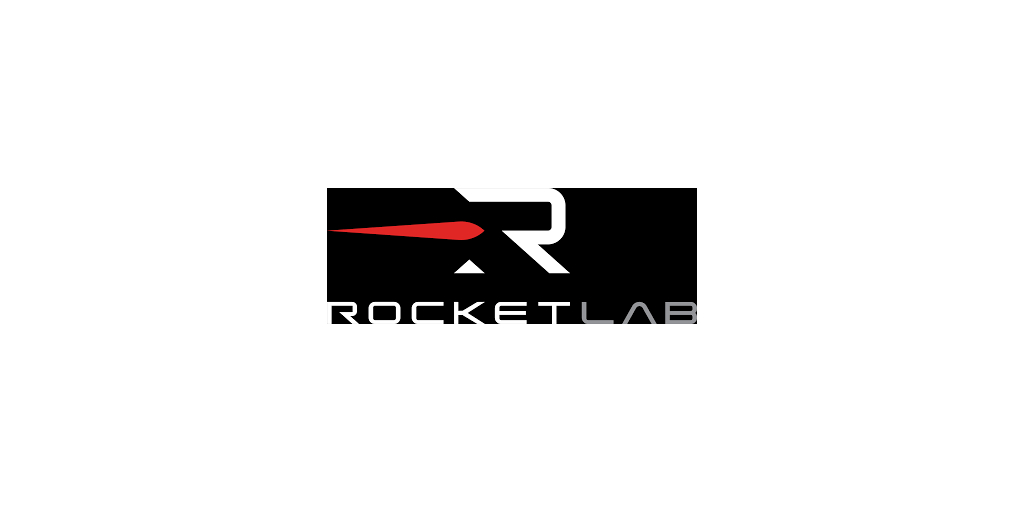
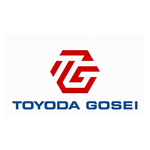

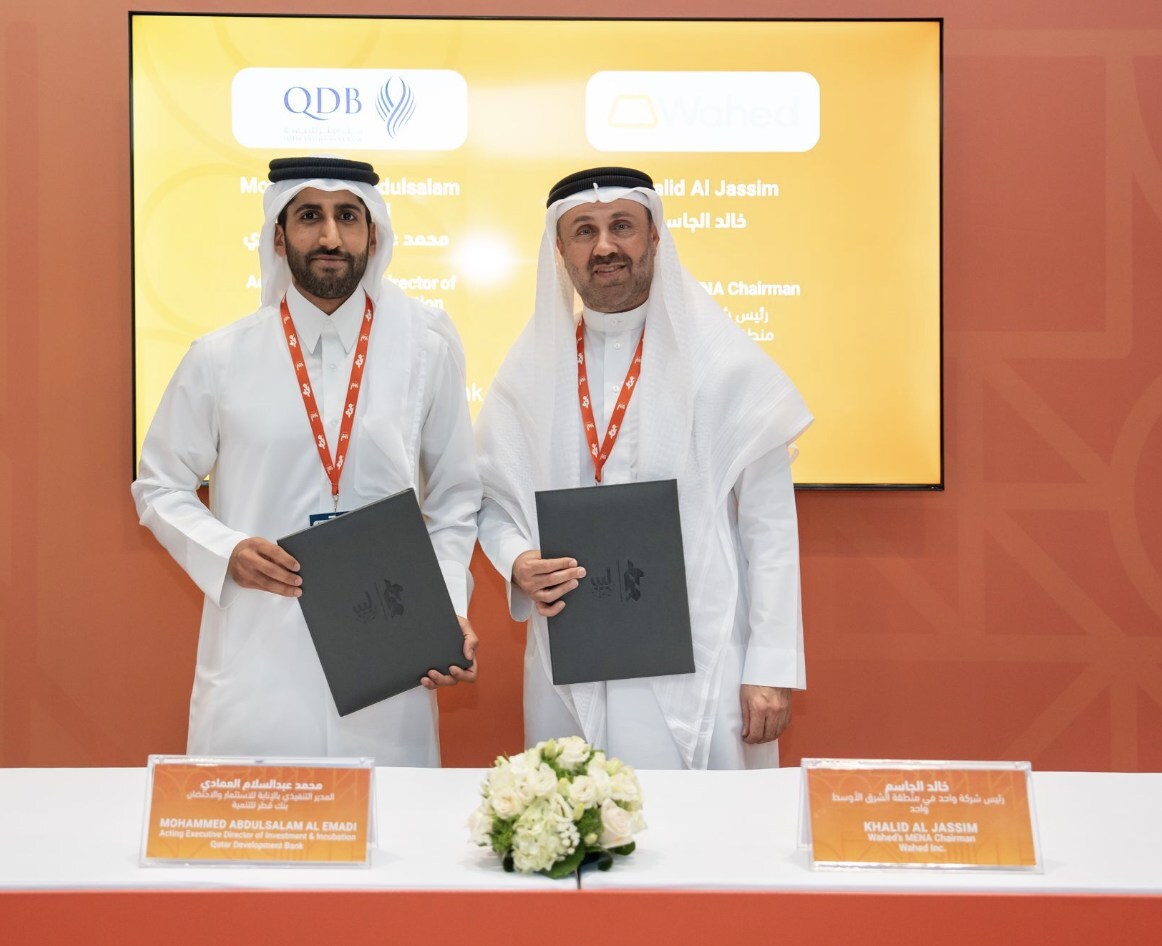
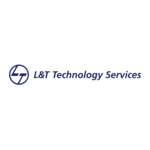
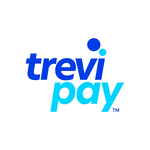
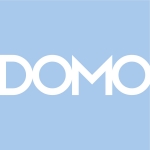
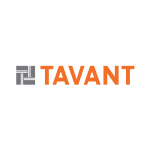
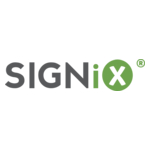
Add Comment